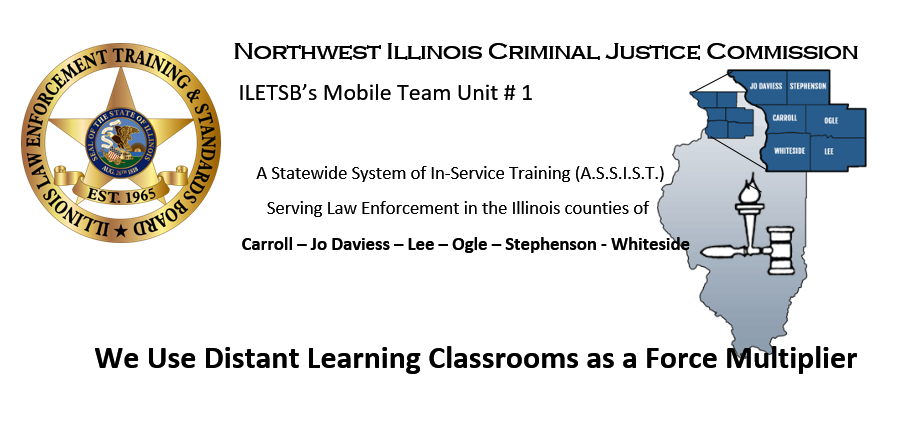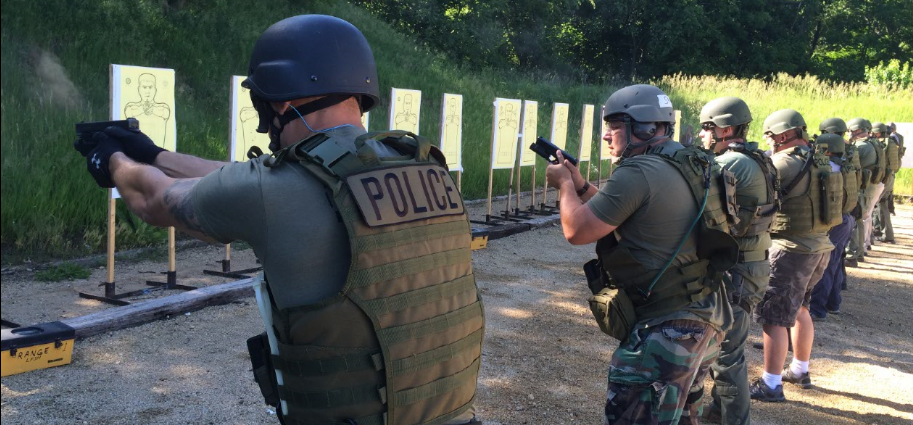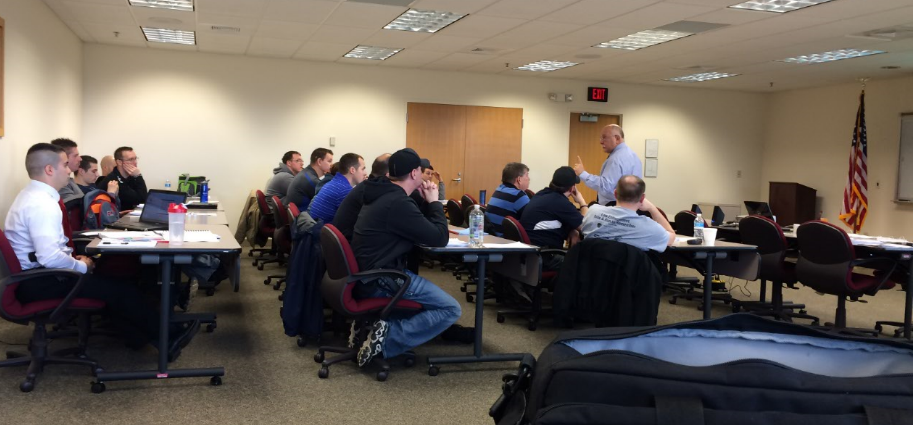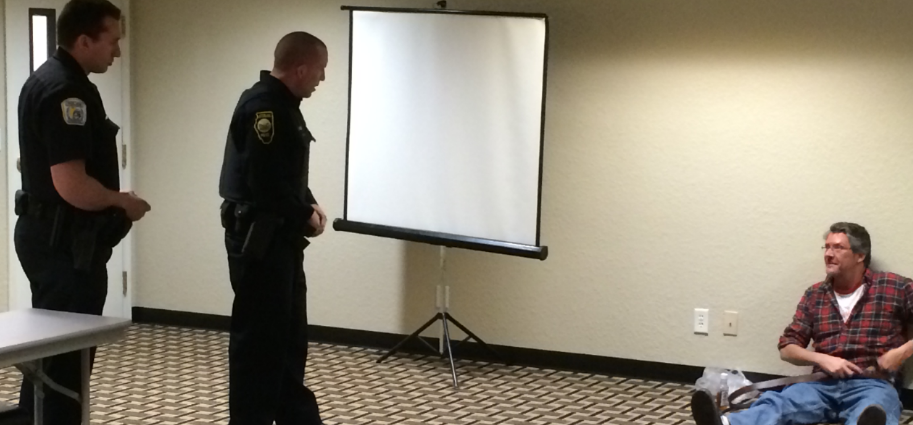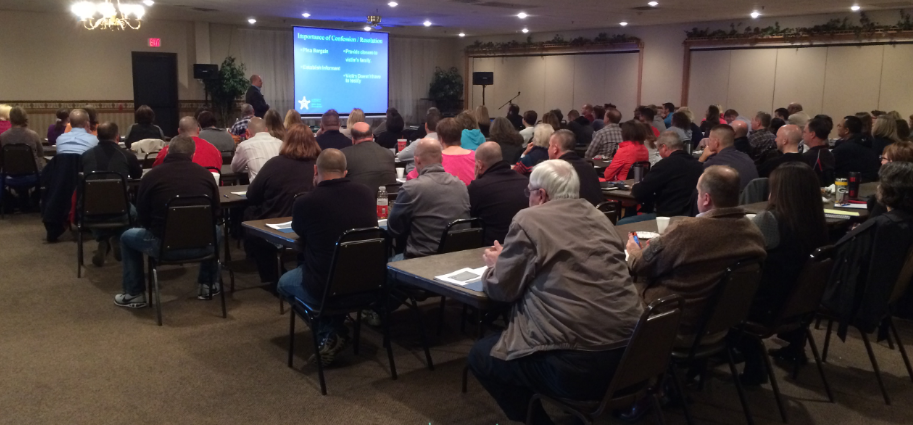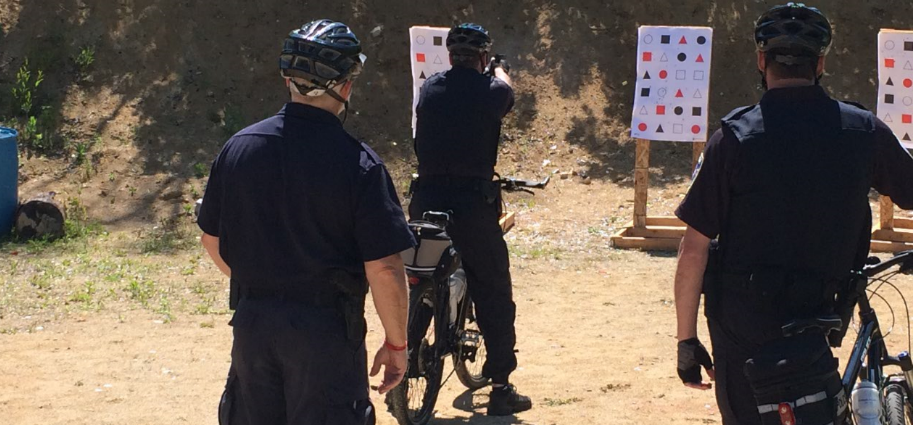Communication w/ Aggressive, Mentally Ill & Emotionaly Disturbed Individuals-Freeport
Registration Deadline: Friday, March 8, 2019
Time: 8:00 AM - 4:00 PM
Stewart Center West
Freeport, IL
Members' Fee: $0
Sworn Non-Members' Fee: $0
Non-Members' Fee: $0
DOWNLOAD FILE
COURSE CONTENT: Officers have limited time in which to establish a communication mode that minimizes risk of violence. Agitated individuals can often be directed away from violence by specific communication skills. Verbal de-escalation techniques are geared to ‘set up’ those being contained so that physical control techniques are enhanced, if they become necessary. When the public is witness to successful verbal de-escalation, they better understand and respect the challenges facing officers, and this contributes to future officer safety.
Successful verbal de-escalation also sets a precedent with emotionally disturbed people who are likely to have many encounters with law enforcement or security officers. At the next meeting, they are more likely to have an expectation that they will be talked down. Therefore, at the sight of the officers, they are often more cooperative.
Edgework training includes improving one’s ability to recognize patterns of behavior as indicative of mentally illness or other emotional disturbance, how to communicate with individuals based on the type of behavior they are presenting, dealing with aggressive and suicidal individuals, and managing repetitive abusers of emergency services.
Because officers have to protect their own safety, as well as the safety of those around them, they only have a small amount of time in which to establish a communication mode that minimizes the risk of violence. Agitated, not-yet-violent individuals can often be directed away from violence through the proper use of communication skills.
These techniques, like effective physical defensive tactics, are both simple and broad-based. Additionally, the verbal de-escalation techniques are geared to “set up” those being controlled, so that physical control techniques are enhanced, whenever they are necessary. Finally, successful verbal de-escalation of agitated individuals in public view will increase respect for law enforcement among the general population. Such respect can contribute to future officer safety.
The basic training can be inter-disciplinary, with police, correctional officers, parole and probation (and social services personnel who work in cooperation with law enforcement) all together. Specialized training can be tailor-made to serve the specific requirements of first responders, correctional officers, parole/probation officers, private security or 9-1-1 call-takers. Edgework also offers training specific to DARE and school resource officers.
Street Assessment
· Recognizing types of mental illness and emotional disturbance
· Communicating with people suffering from mental illness
Aggressive Individuals
- Calming angry individuals, mentally ill or not
- Verbal de-escalation and control of individuals on the edge of violence
Suicidal Individuals
· Assessing likelihood of self-harm
· Intervention techniques
Dealing with the System
- Dealing with repetitive callers/abusers of emergency services
- Effective liaison with child protective services and mental health professionals
THIS IS NOT A PUBLIC MEETING



